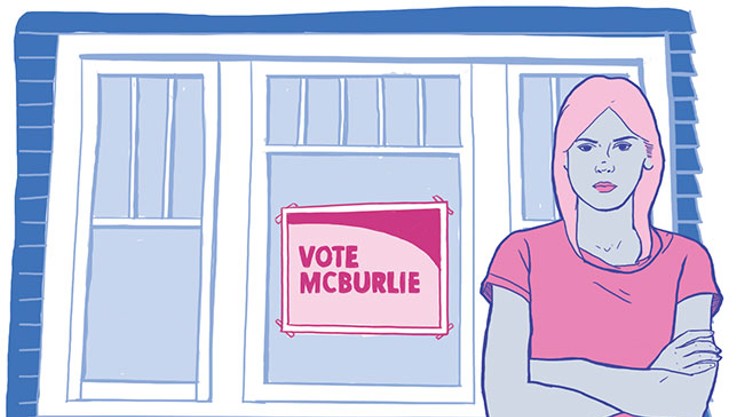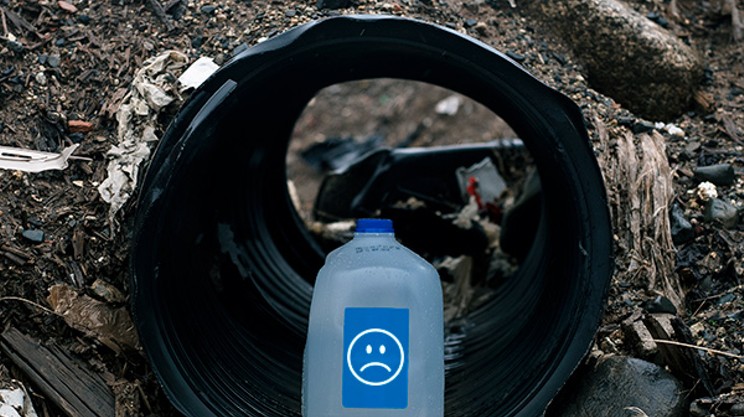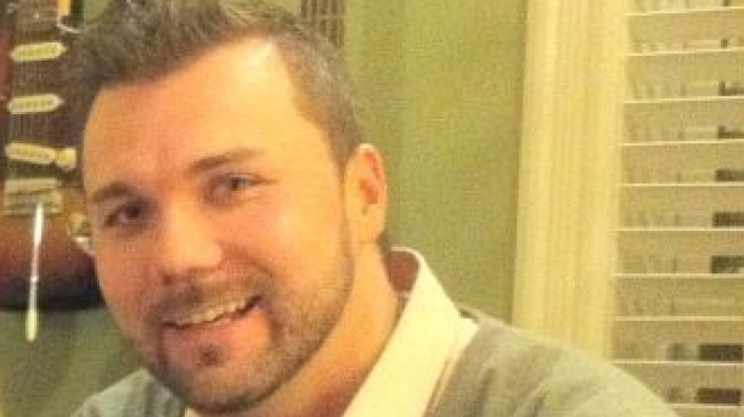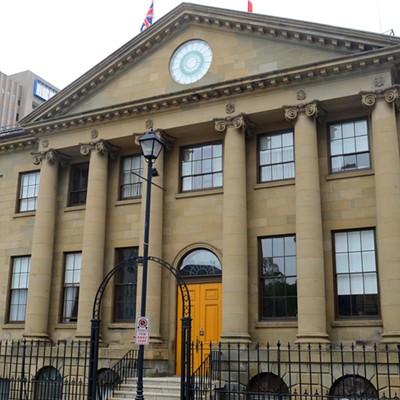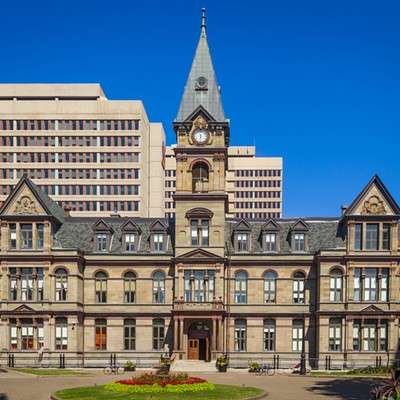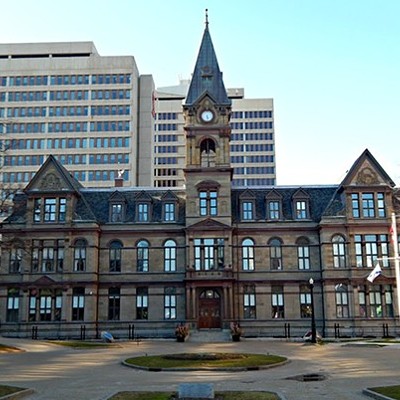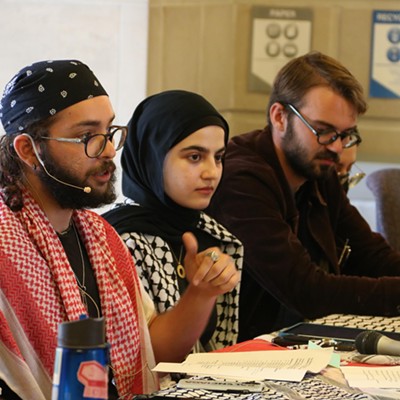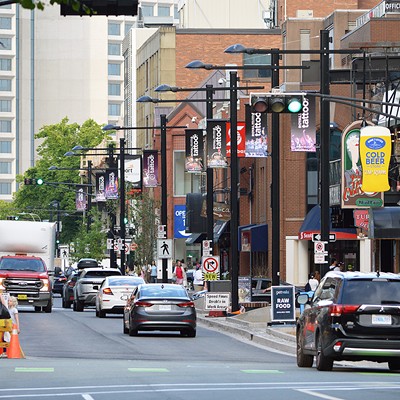Even in terms of Andrew Younger’s headline-filled political career, last week was a whopper.
The former Dartmouth East MLA was
In response to what he deemed “unsettling and offensive” breaches of privacy, Younger announced the following day he would bow out of his campaign for re-election.
On May 30, Andrew Younger will become a private citizen again, capping off a 13-year career in public office that’s seen him ascend from City Hall to Province House, serve as Environment minister, be ejected from his own party, have his private health info leaked by the premier’s chief of staff and a solo run as the Legislature’s only independent MLA.
Younger spoke to The Coast about the events of last week, and the line between public and private life for Canadian politicians. His answers have been condensed and edited for style and clarity.
A few weeks ago my wife and I decided to take some space. There were a lot of stresses in our life. Running as an independent is incredibly stressful for families, in part because you're basically fronting it financially yourself.
The Friday night, I was home alone, and there was a medical incident. Somebody I was on the phone with called the paramedics. There's been some news made out of the police coming; well the police always come with the paramedics. I was taken to the Dartmouth General. The next morning, my wife couldn't get any information from the hospital, and so she was concerned—especially as we weren't living in the same house at the moment—about making decisions for our sons. She was advised by the police and the Justice of the Peace that there was a confidential process where she could get a temporary order of custody, saying she doesn't need my signature or approval to make decisions.
She was told the process would be entirely confidential. It wasn't.
Were you still in the hospital at this point?
No, no I was discharged on the weekend. I was discharged Saturday night. I'd been campaigning on Sunday and Monday.
So up until allNovaScotia called, you didn't know this had been filed?
No, why would I know? She wasn't going to tell me because I just got out of the hospital. And it got refused. So, she had looked into something and then
Why was it refused?
There was no need. They applied for a protection order. She wasn't seeking a protection order. So it was turned down because they
But this isn't some random person. I don't really know what allNovaScotia had, but if they've got this EPO, reports of ambulance and police at your home and know you're in the hospital, that seems to be a different case.
I agree, on the principle, that that is a reason to inquire into a story. I'm with you on that. The issue is that [reporter] Brian Flinn was given all the information by me and my wife. But none of that appears in his story, other than that she didn't want it made public.
Saturday morning, she didn't know if I was conscious. All she knew was that I was in the hospital and the hospital was refusing to provide information to anybody. Everybody was very worried about giving out information and starting rumours. Of course, that's exactly what happened.
I got up the next morning; I was pretty ticked off about the story. My wife was extremely upset to find they were even remotely considering writing a story. The next day, she was very upset still. We went for a walk and we talked about it. I had not done any campaigning that day because I wanted to talk to her first. She said, “You know, I just don't want to go through another 30 days of the two of us being smeared in the media.”
I'm not saying we're being picked on, but there are over 153 candidates running for election in this province, and even among sitting MLAs and cabinet ministers there are family issues which have some similarities to this which are not being reported on—nor should they be—but somehow ours is a story.
We have had so much done over the past few years, and endured just so much—some
This isn't a new situation. You're aware as an MLA you're a public figure. That creates a level of scrutiny and opens publication up more than for the average private citizen.
Oh, for sure, and I agree with that entirely. But there's a limit. I think there is a line. We don't need to know if MLAs or candidates for office have been in the hospital. We don't need to know what's going on in the personal lives of MLAs or actors or actresses and so forth.
Now, don't get me wrong. If an MLA or politician is charged with something, that's a bit different. Even if it's something in their personal life. I think it's relevant if they have a domestic violence incident. I think it would be relevant in this case if a protection order had been issued.
Can you talk about the health issue you're dealing with in any more detail?
I don't think I really want to. It's something that was discovered over some tests between Friday and Saturday when I got discharged. At one point they thought I had had a heart attack. I was back in for
One of the odd things about this case is all this information that has come out, for many people, is still behind a paywall and all they get is a headline.
What started to traipse around social media is “Oh my god, Andrew's wife filed a protection order.” In the heated context of an election, what am I going to do, put out a statement and mail it to every household to say “By the way, this is what's happening in my personal life, even though you don't really have any right to know?”
I've been pretty open, but my wife is not running for office. Her private business and our family's private business I protect jealously. At a certain point, it's just not fair.
Is this just the new reality with politicians? You're not alone in terms of seeing an increased scrutiny on people's pasts. Going beyond any traditional gatekeeping role the media may have played, now things can just get thrown out on social media and all bets are off.
That is true. There has been a change. That doesn't mean that media outlets have to play along with that. As you say, MLAs and politicians are supposed to be role models and so they're held to a higher level of scrutiny. I was always told the media was supposed to be too. In fairness, I think generally they have been.
How do you expect to return to normalcy? The internet has a long tail. All of this will still be out there.
It’s like the kids in university now, in high school, who are posting all those photos on social media that in 10 years they'll wish they never posted. I don't know how anybody's gonna run for public office in 10 years. I'm not that worried about it. I look at what people are saying online at the moment, and in some respects, it feels like a eulogy. It's like I'm watching my own funeral online at the moment, with people commenting.
Are you backing anyone in Dartmouth East?
I'm not going to endorse anybody. My campaign was based around the idea that by voting for an independent you didn't have to worry about somebody being coerced into voting the party line. For me to endorse somebody running for a party at the moment would be going against what I believe. I think they're fine people, but I'm not sure if any of them would be willing to put their constituents ahead of their party. Hopefully one of them will.
Correction: Younger states repeatedly that if his wife’s emergency protection order had been approved it would have been confidential. According to a court spokesperson the standard procedure for the courts is to redact some information—including addresses, phone numbers and any information about children—but the names of the applicant and the individual the order is against




